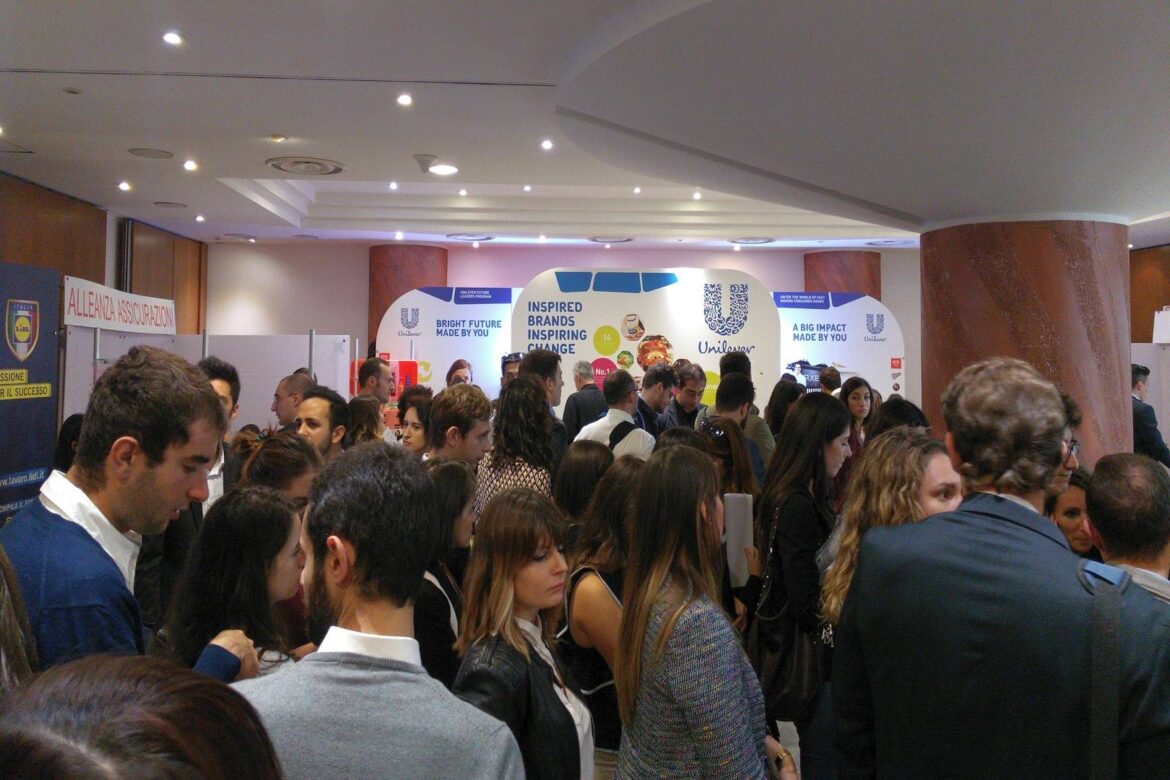
The Brain At Work Festival took place from 21 to 23 November at the Frentani Congress Center in Rome, a series of events focused on the world of work, training and orientation, which saw the participation of organizations, institutions and 85 companies, non-profit associations and institutions looking for talent and young students (undergraduates and graduates).
During the three days a round table was held on level 3 apprenticeship, entitled "Higher training apprenticeship: a relaunch tool for active employment policies?".
At the meeting - coordinated by Maurizio Apicella, Innovation and socio-economic Inclusion Manager of Capitale Lavoro – in-house company of the Metropolitan City of Rome Capital, which was present at the festival with its own stand to offer information on the project Sì, Vale – Sistemi integrati per l’Apprendistato - attended Unindustria Perform, the ITS Foundation Higher Technical Institute for Marketing and Business Internationalisation, Intellera Consulting, Anpal Services and the Order of Chartered Accountants and Accounting Experts of Rome. It was an opportunity to put on the table all those elements that still make the Higher Education and Research apprenticeship a chimera in the italian training and university landscape.
During the meeting, emphasis was placed on one of the main problems concerning apprenticeship training, namely the prejudice that considers the company as a place of secondary training. The third level apprenticeship is a tool with great potential, yet still little exploited.
The reasons, according to Bruno Scazzocchio of Unindustria Perform, are many, starting from the fact that in Italy apprenticeship is considered above all an employment contract, while in the rest of Europe there is an emphasis on its training vocation. Furthermore, the fact that the certification of skills is a public prerogative and disconnected from the needs of the company makes it even less attractive.
Michele Farina of the Order of Chartered Accountants and Accounting Experts of Rome underlined the importance of three key words in the national and local debate, the absence of which does not allow the correct inclusion of this institute within the entire system: communication, culture and time.
Alessia Camba of Intellera Consulting was of the same opinion who, providing the point of view of the companies, highlighted how the apprenticeship would need a greater connection between the players in the system to become a tool for relaunching.
According to Claudio Senigagliesi of the ITS Foundation, the only space in which apprenticeship has, up to now, found a solid place, is within the ITS pathways which have been successfully and successfully implementing dual pathways for some time now. In his opinion, the key is the network that is formed from time to time between the company, the young person and the training institution.
Therefore, two themes above all emerged forcefully: on the one hand, the lack of an adequate promotion of higher education and research apprenticeships, on the other, the weak connection between institutional and non-institutional actors, and their difficulty in confronting each other on the theme.
A possible solution has been identified by Simonetta Parenti (Anpal Servizi): to encourage it, it would be necessary to consider the dual training apprenticeship no longer a type of contract, but a real teaching methodology, an integral part of the training courses.
In this sense, finally summarized Maurizio Apicella (Capitale Lavoro), the experimentation at the metropolitan level of a model that is the result of a process of participation of all the key players in a multilevel governance system is fundamental.




